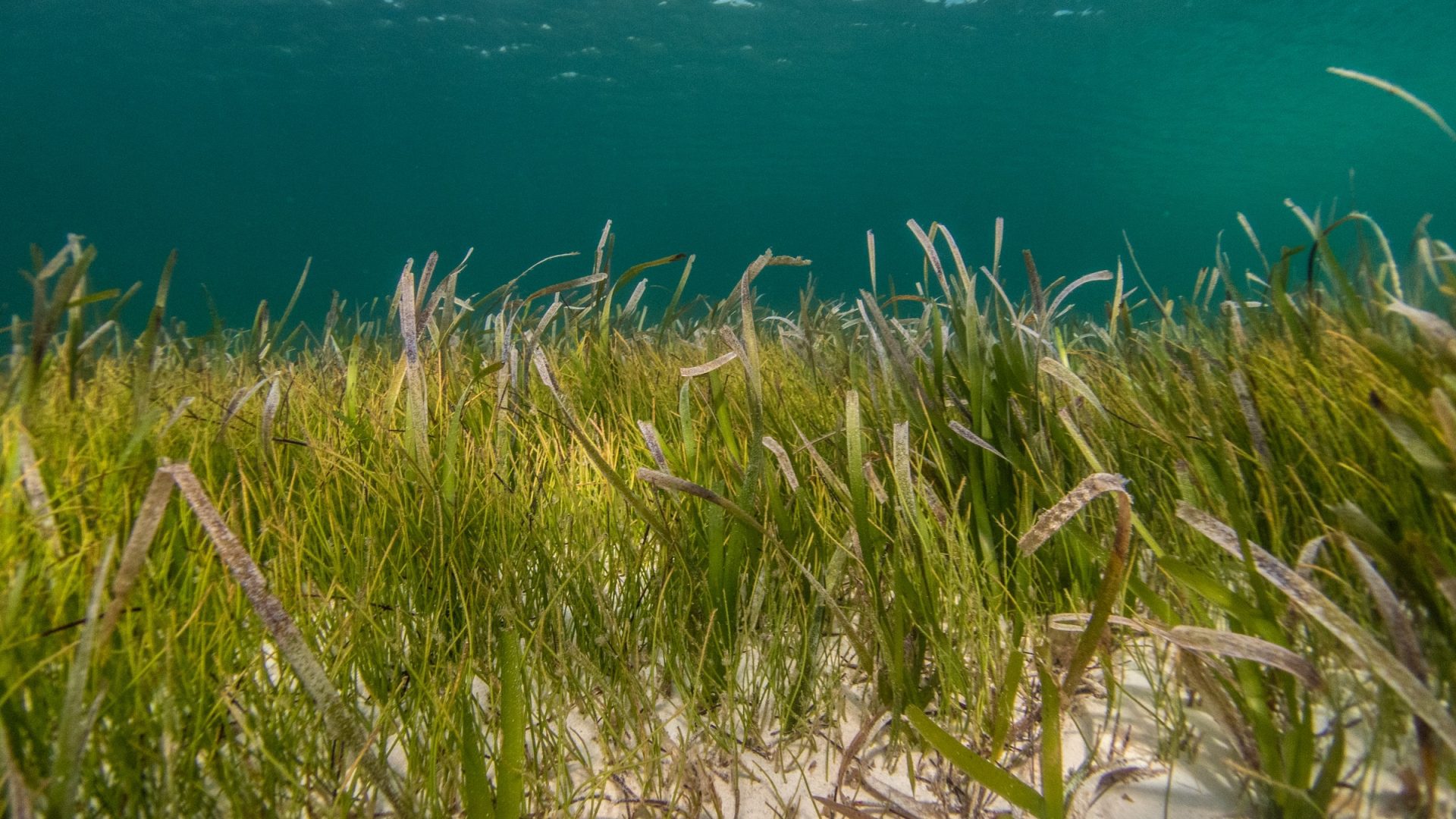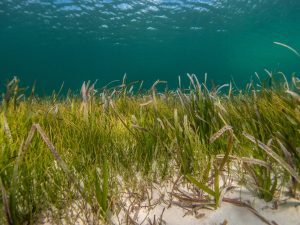
International day for Biological Diversity
A framework agenda for a harmonious relationship with our blue spaces
This year, 22nd May 2023 is the International Day for Biological Diversity (IDB). The day has been marked by the United Nations to raise awareness of the issues surrounding global biodiversity. Following on from agreements made during COP 15 that are now coming to fruition, this year’s theme is ‘From Agreement to Action: Build Back Biodiversity’. These agreements have determined ambitious plans and targets for developing a globally harmonious relationship with nature by 2050. This has highlighted that it is important, now more than ever, to shift ideas into tangible actions to halt the destruction of biodiversity and improve humanity’s relationship with the natural world.
The UK’s globally significant biodiversity
An essential aspect of this agenda focuses on the Earth’s blue spaces, from inland waters to coastal and marine habitats. Agreements made from COP 15 negotiations state that at least 30% of these areas must be effectively conserved and managed, namely through reducing pollution risks to prevent harmful impacts on biodiversity.
Currently, one-third of all global freshwater species are at risk of extinction, including 61% of freshwater turtles, 40% of amphibians, 30% of freshwater fishes, and 43% of freshwater mammals. The latest Living Planet Report has shown that freshwater populations have suffered the most globally, with populations dropping by 83% since 1970.
In the UK, we are home to several incredible freshwater species of international importance. These include the great crested newt, a European Protected Species, the critically endangered European eel, and the Atlantic salmon, a Priority Species for UK conservation. In the marine environment, over one-third of marine mammals and nearly one-third of sharks are at risk of extinction globally. The UK is also home to many important marine species which play fundamental roles in our ecosystems. For example, our four native species of seagrass are vital in mediating and storing carbon on the seabed, covering just 1% of the seabed yet disproportionately absorbing 15% of the carbon the ocean stores. Sadly, our once-expansive seagrass meadows have declined by 92% since the 1930s.

Declining water quality and other threats
All of these species once thrived in British waters, but are now sadly under threat due to deteriorating water quality, overfishing, and industrial activity. Sewage pollution is a significant cause of biodiversity loss in freshwater environments and is the main reason 36% of freshwater bodies in the UK do not achieve Good ecological status. Inputs of excess nutrients, such as nitrates and phosphates, from untreated sewage can cause harmful algal blooms, depleting oxygen levels in the water below habitable conditions for aquatic fish and invertebrates, and blocking sunlight vital for plant photosynthesis. These inputs can also disrupt the delicate balance of bacterial metabolism in freshwaters, the ‘heartbeat’ of a waterway, if you like, throwing the base of the food chain into disarray and impacting all of the life it supports. These impacts are unsurprising, given that in 2022 alone, sewage was discharged into UK waterways 389,000 times by water companies.

Image by James Brand
Take action
It doesn’t have to be this way. With improved regulation and reduced pollution, biodiversity can recover; examples have shown that in zones with improved protection, such as Marine Protected Areas (MPAs), wildlife can bounce back. At Surfers Against Sewage, we are campaigning for effective policy and stronger regulation for large corporations. We want to hold water companies and their CEOs to account through campaigning for a cap on bonuses, strict compliance with environmental regulations, stronger enforcement, and enhanced clarity in revealing where our money goes.
